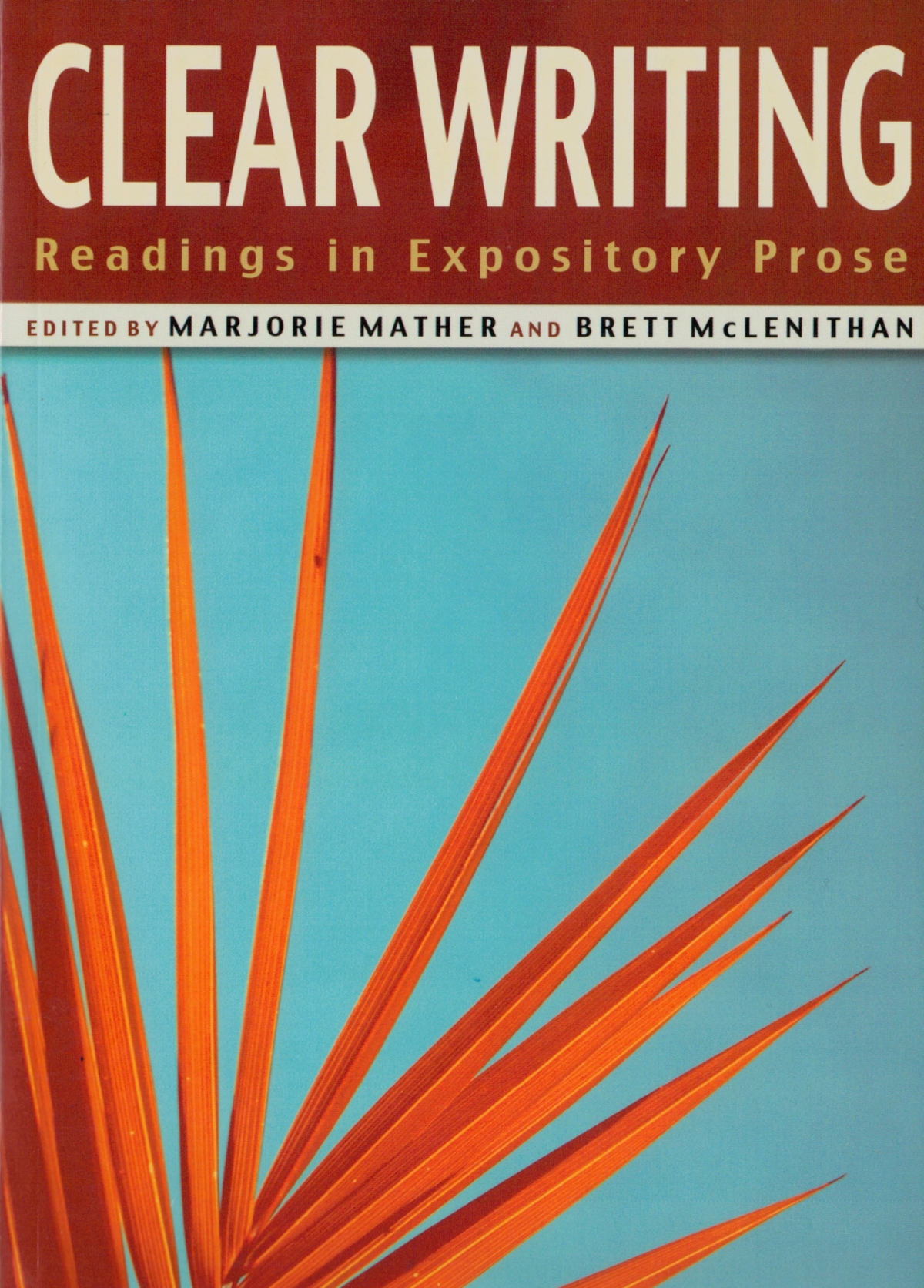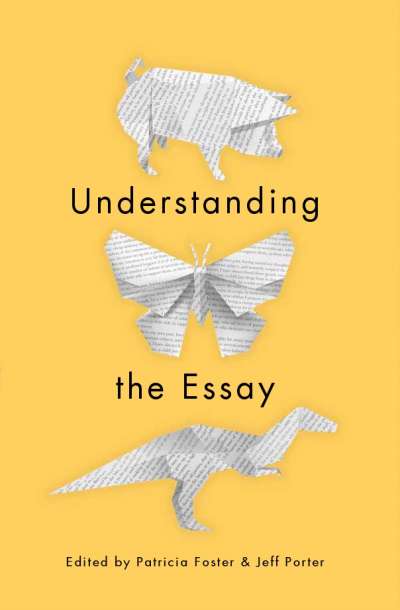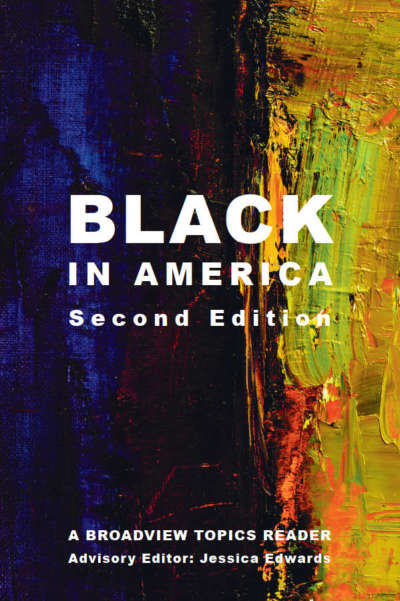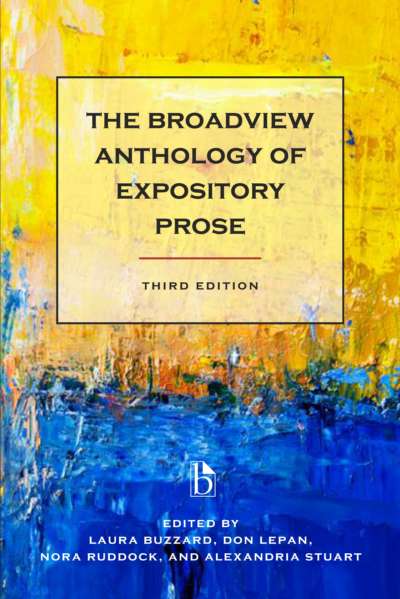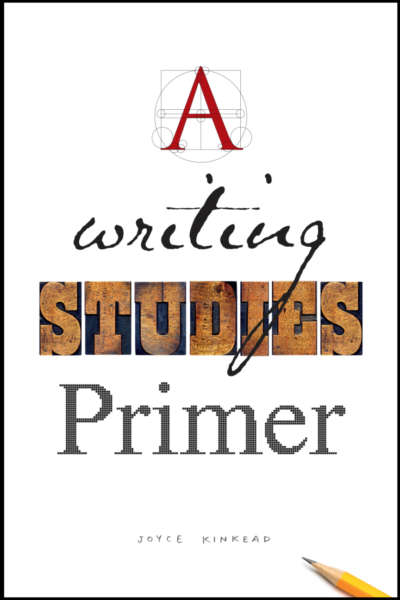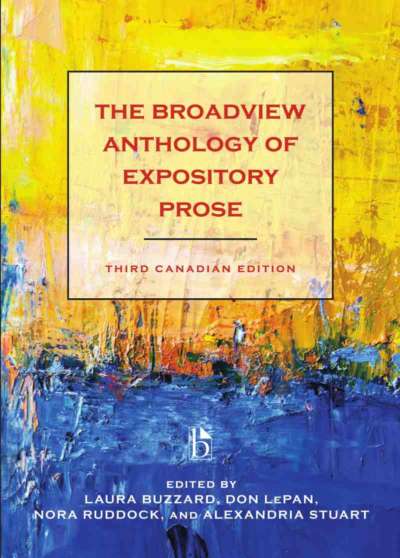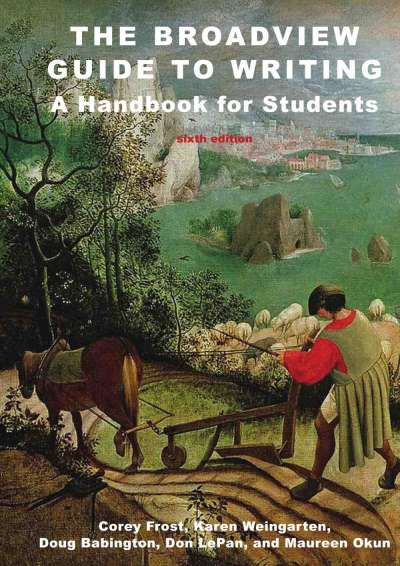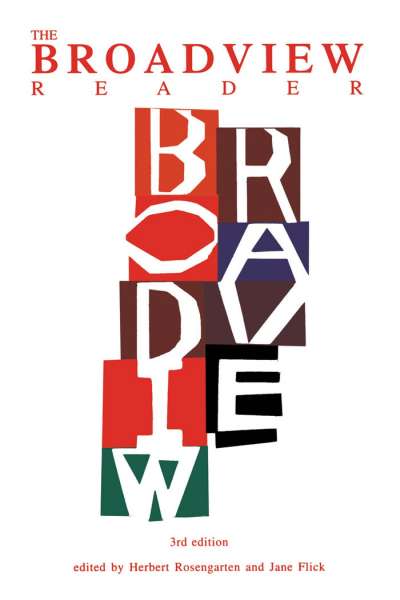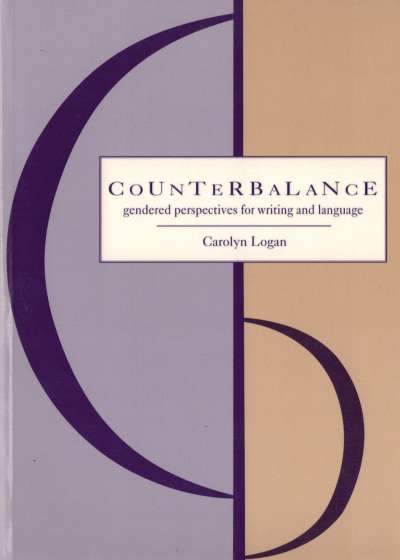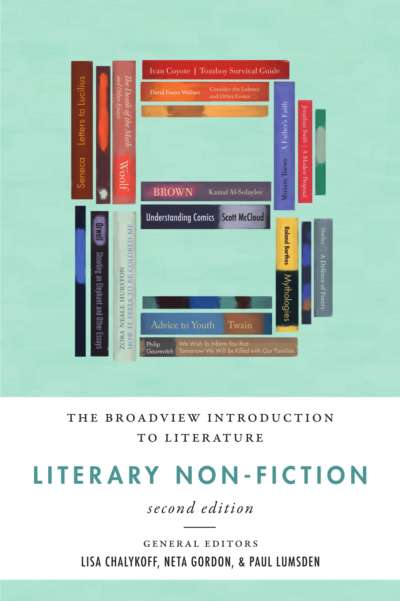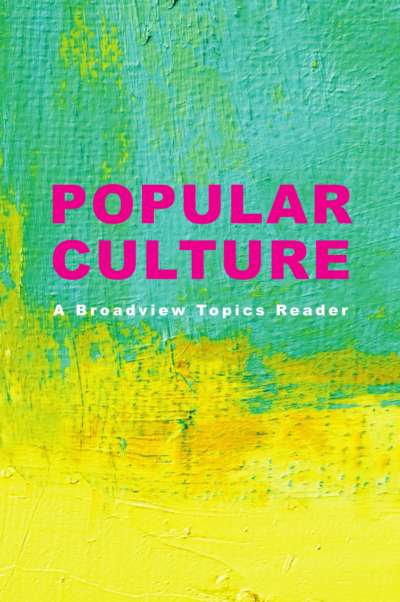Clear Writing is a compact, varied, and very readable collection of prose, designed to provide models of excellent and engaging writing for courses in rhetoric, composition, writing, university writing, expository prose, non-fiction writing, and the essay.
Comments
“This is a fantastic reader. Clear Writing matches contemporary ideas and issues with clear, effective writing from the sixteenth to the twenty-first centuries and draws on an impressive range of contexts and genres. This is an ideal book for writing instructors who wish to emphasize connections, especially the relationships between reading, writing, ideas, and critical thinking.” — Patricia Whiting, Carleton University
“Clear Writing is an impressive collection of many of the world’s finest writers, wonderful models for students, and a very sensitive representation of voices often not heard. The division both by subject and by rhetorical mode is helpful; the juxtaposition of authors from different periods—for example, Samuel Johnson just before Naomi Klein—is a dramatic statement to students about the timelessness of great writing.” — Rosalie Murphy Baum, University of South Florida
“I have never seen a collection of essays before with so much historical, political, and academic variety—essays on yawning and batting averages are included alongside canonical texts of political and cultural theory. The selections are consistently intelligent and insightful; the book as a whole is genuinely engaging.” — Katherine Sutherland, Thompson Rivers University
“Clear Writing includes an impressive range of canonical and contemporary writings. I like the selections, which demonstrate a strong critical sensibility without sacrificing accessibility.” — Matthew A. Levy, University of Texas at Arlington
“Clear Writing is an excellent anthology for student readers. The selections are variously funny, elegiac, politically savvy, exposing students not only to different genres but to different tones and modes of writing—but always paragons of lucid prose. These are perfect essays for developing a student’s ear for poetics and rhetoric, and, perhaps most importantly, the love of reading that fosters good writing. They are essays to imitate as well as consume, and all are ‘meaty’ enough to foster discussion about their content as well as about their writerly strategies. I could imagine using this anthology for anyone from high school English students to undergraduates studying composition to graduate students in courses on rhetoric, the essay, or the history of prose style.” — Elizabeth Freeman, University of California Davis

